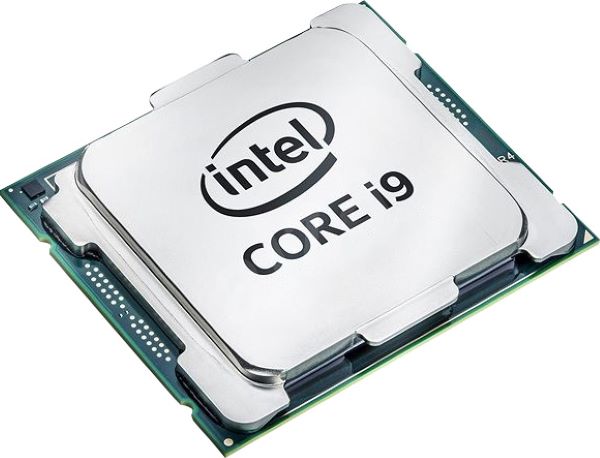Intel will be launching the Core i9-9900KS in October, boasting a base frequency of 4GHz and a boost speed of 5GHz across all cores. As expected, this level of performance can't be achieved with the 95W TDP of the original Core i9-9900K, with reports currently indicating that the CPU could near the 130W TDP mark.
A recently discovered BIOS update from ASUS indicated the Core i9-9900KS has a base TDP of 127W, which would be the highest for a mainstream Intel desktop CPU since the Pentium D, which hit 130W in some models. Since the BIOS only lists a target TDP, this doesn’t confirm Intel’s official spec – that remains to be seen. Under heavy workload, the Core i9-9900KS could well surpass the 127W TDP target, particularly when boosting up to 5GHz.
The current Core i9-9900K is officially listed with a 95W TDP by Intel at its base clock frequency of 3.6GHz. However, since this is an enthusiast CPU, it will often be overclocked and run at closer to 5.0Ghz on all cores, which isn’t usually hard to achieve. KitGuru’s current cooling test bench deploys a Core i9-9900K CPU and in our testing at 4.9Ghz, we often see a power draw in excess of 150W, so TDP already exceeds the 95W official rating.
Since the Core i9-9900K and 9900KS are basically the same chip with the 9900KS being a binned version using the best silicon and tailored for the best all core clock speeds. Due to the rising TDP and 5GHz boost clock speed, we expect that the Core i9-9900KS will require substantial cooling to keep temperatures at an acceptable level. There are plenty of coolers currently around that already struggle with an overclocked Core i9-9900K under heavy load, which can in turn cause throttling and peak speeds not being hit.
With a TDP of 127W, we imagine the power draw from the Core i9-9900KS will be substantial under load, therefore a high-end motherboard with a good VRM solution and power delivery will be required.
When the Core i9-9900KS finally hits the shelves, it will technically mean a third refresh of Intel’s Coffee Lake architecture using the 14nm++, which is a result of Intel’s 10nm node being delayed for desktop CPUs. With no indication of pricing yet, we are still unsure how it will compare to AMD’s latest 7nm offerings in terms of cost.
KitGuru says: The core i9-9900K is still considered by some to be the best gaming CPU available. Will the new Core i9-9900KS all core turbo speed be enough to entice users to upgrade?
 KitGuru KitGuru.net – Tech News | Hardware News | Hardware Reviews | IOS | Mobile | Gaming | Graphics Cards
KitGuru KitGuru.net – Tech News | Hardware News | Hardware Reviews | IOS | Mobile | Gaming | Graphics Cards



